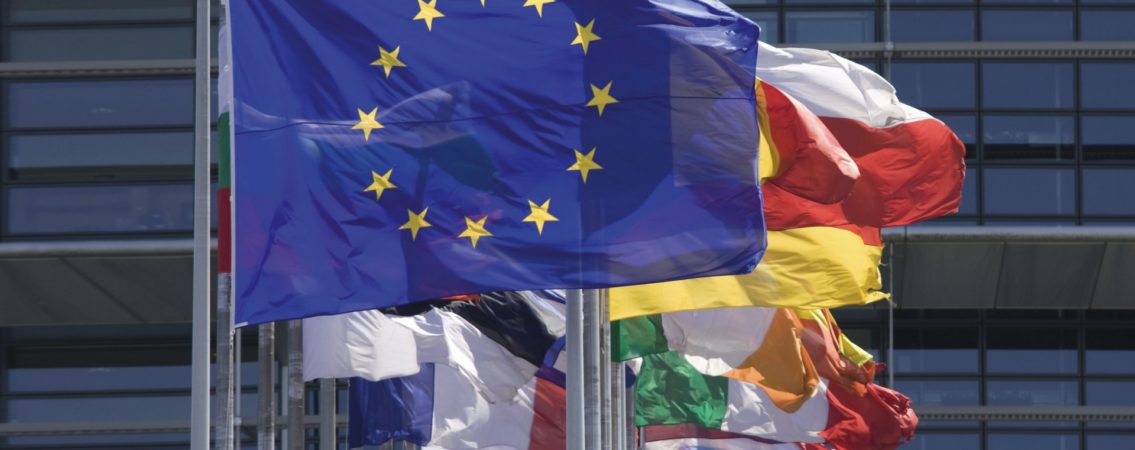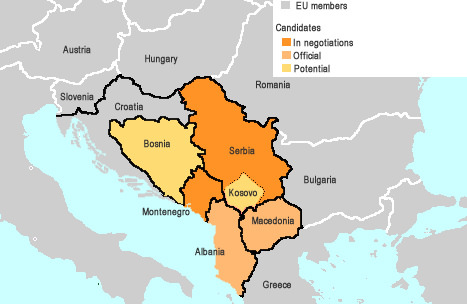
The 1990s saw a lot of European policies in the Western Balkans. The region was of utmost concern to the European Union as a result of large-scale violence. The level of European interest in the region has dropped owing to the de-escalation of violence. However, the absence of violence is not the absence of problems. Western Balkans is in no doubt still grappling with economic and social issues – and the European Union need to be concerned.
The region is still ravaged by renewed ethnic tensions, weak economy, and the growth in public dissatisfaction of leaders. The drop in Europe’s attention for its troubled backyard saw outside actors like Russia and China begin to assert themselves in the region. Re-engaging with the Balkans remains the only way the European Union can maintain its influence in the region.
Going back to history, Europe distanced from the multifaceted wars of the Balkans in the 1990s. International response was mainly led by the UN, NATO, and the United States. The European Union only took the lead role to ensure the stability of the region from the early 2000s.
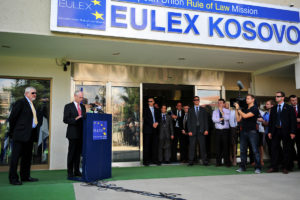
Ever since, the European Union has been dealing with security and defence in the region by employing a comprehensive approach. Some of Europe’s contribution includes the EULEX in Kosovo (EU’s largest mission) which provides training and support to the country’s police force, and the Operation ALTHEA which has continued in Bosnia and Herzegovina.
The focus of the ‘Berlin Process’ has been to secure the borders to check the flow of refugees as well as tackle organized crime. NATO’s operations in the Western Balkans have gone through remarkable phase-shift from the 1990s operation against the Milosevic regime to the 2001 operations in Macedonia.
More countries are teaming up with NATO in the Western Balkans. The current list includes Albania, Montenegro (a newer entrant), Croatia, and Slovenia. Other countries like Bosnia and Herzegovina and Serbia that decline to be part of NATO are still part of the Partnership for Peace programme.
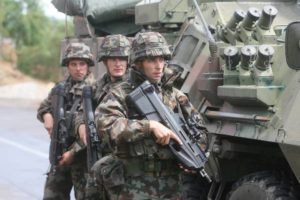
NATO is now plays a fatherly role for governments and capacity building across the Western Balkans. NATO troops are still stationed in Kosovo to guarantee the absence of possible hostilities from neighbors. The presence of the troops will also limit any armament aspirations some people argue.
No doubt, the restoration of peace in the region has brought poverty reduction and moderate economic growth. But unemployment particularly among youths (about 39 percent in Montenegro up to as high as 54 percent in Bosnia) and corruption remain persistent problems. The statistics is even more staggering when you consider the percentage of citizens that express distrust for their politics and policies.
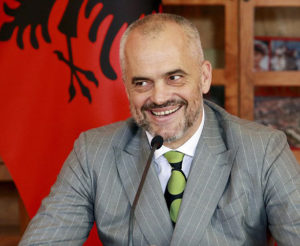
Apart from their related economic woes, the 6 nations that make up the Western Balkans share ethnic tensions – albeit of different magnitude and terms. The political division in Albania has opened the door to money laundering and drug trafficking. The Albanian Prime Minister has not tried to douse the tension but made it worse by feeding neighboring Macedonia with the fears of Albania secessionism.
The EU has to be commended for restoring stability to some extent in the region but need to do more to gain the trust of the region. The cascading Balkans malaise has cast doubt on the legitimacy of the EU. Only about thirty-nine percent of the public in this region think EU membership is of some economic benefit. The distrust of the leaders of the region for the EU is embedded in the words of a local politician;
“We lie to [the EU] that we are serious about reforming, and they lie to us that they are serious about accession.”
Source: European Council On Foreign Relations
Observers have often accused the EU of supporting stable leaders for the fear of backsliding into violence if genuine democracy was achieved. This is reflected in their turning a blind eye to corruption, and suppression of press freedom. It is therefore important to ensure that EU and NATO cooperation in the Western Balkans does not degenerate to support for ‘stabilocracies’ or the goal of ensuring better welfare of the people would have been defeated.

